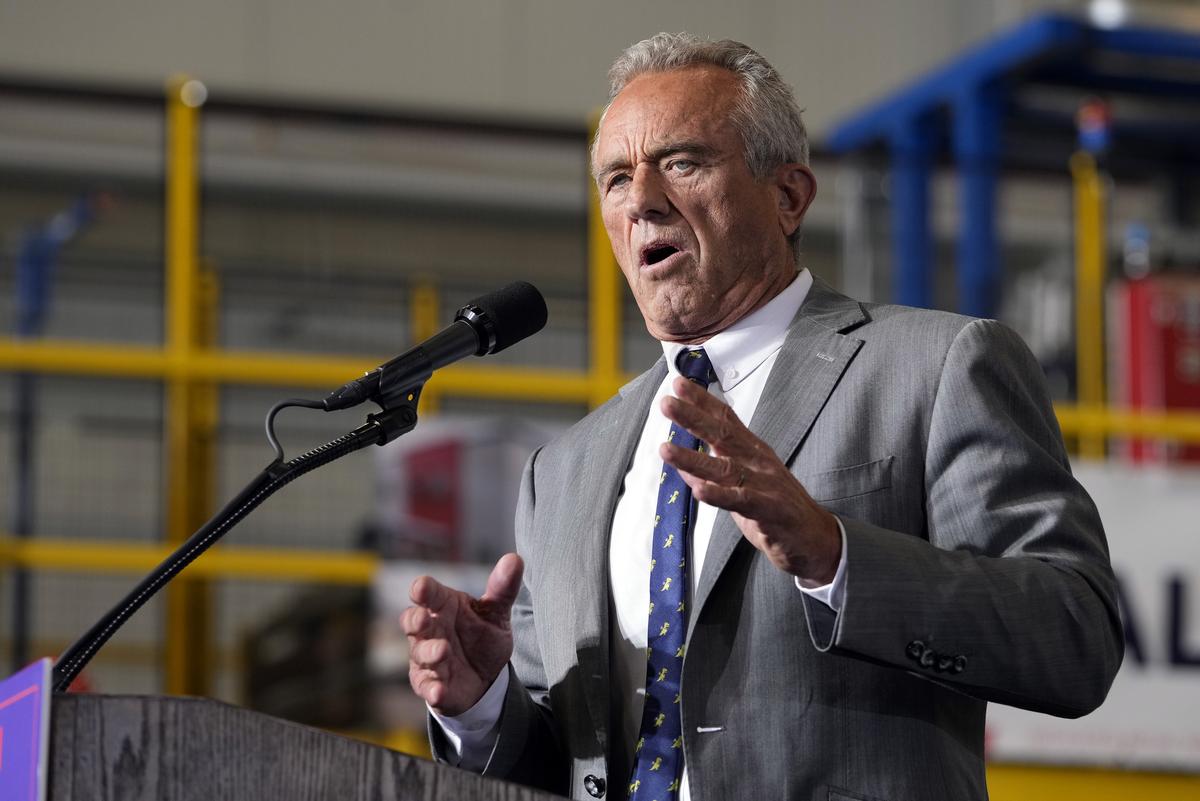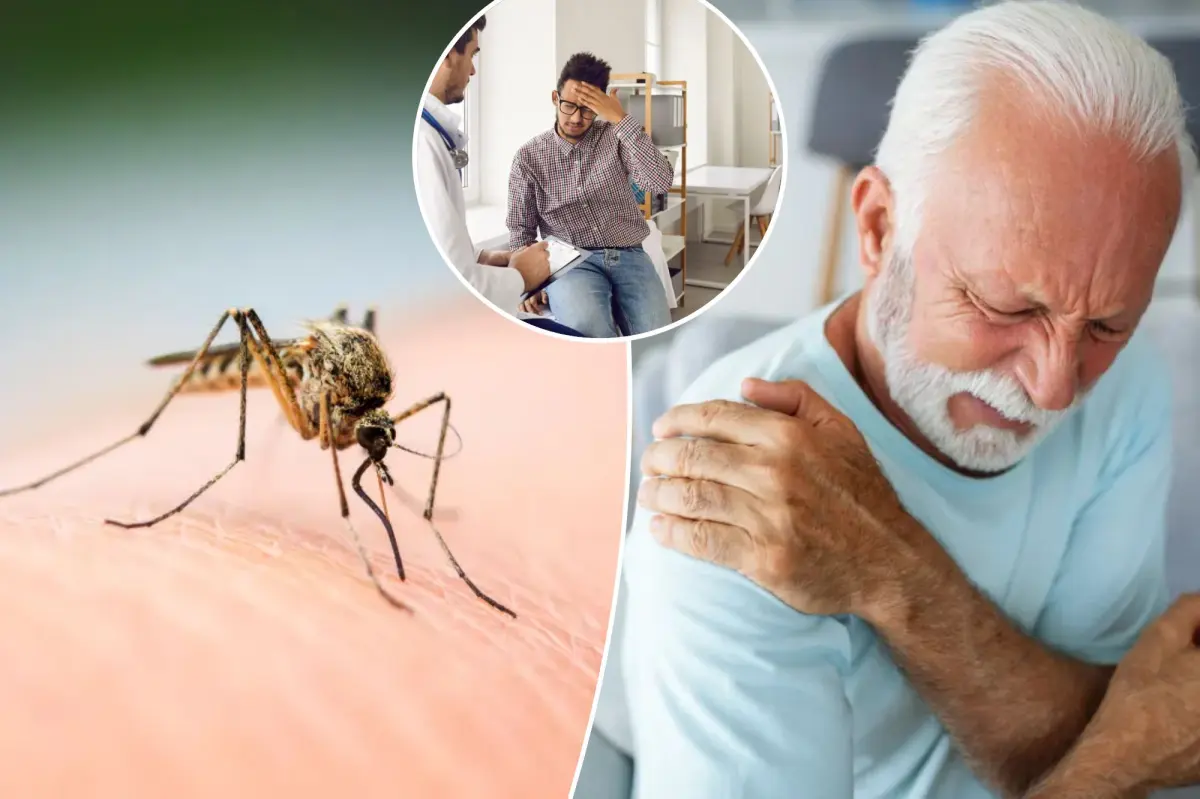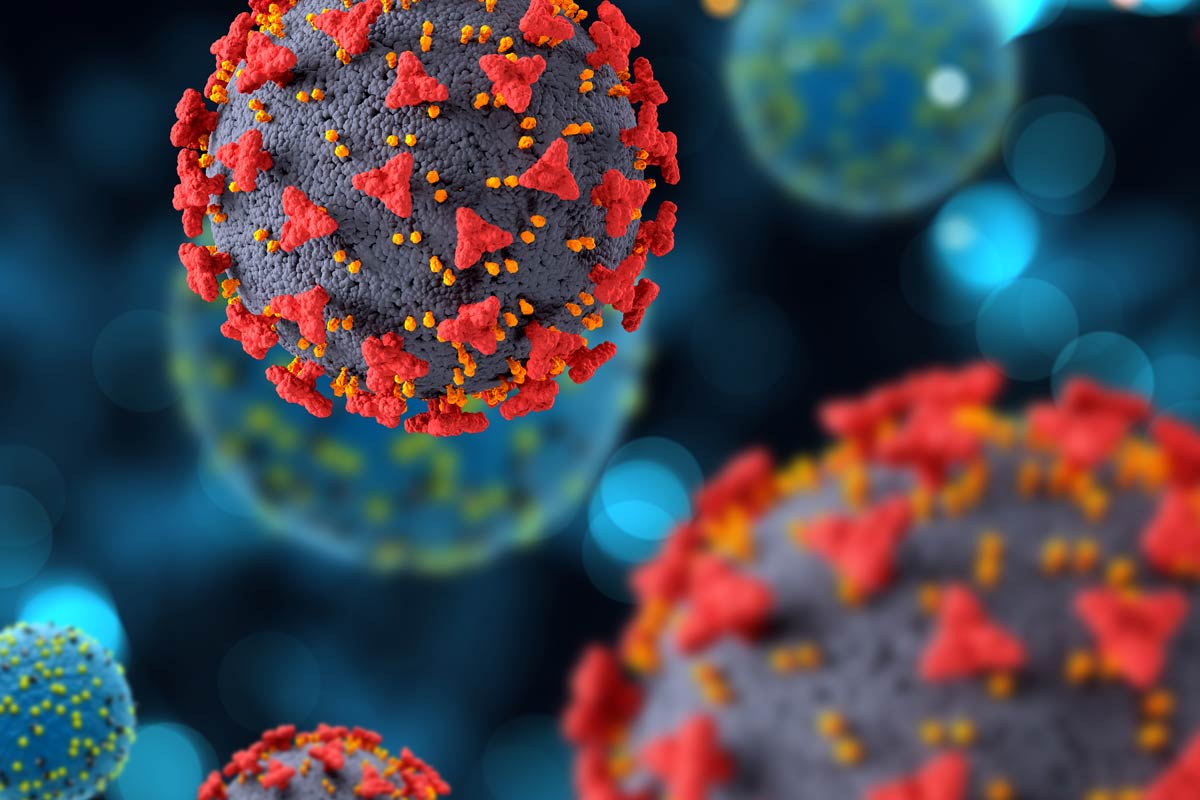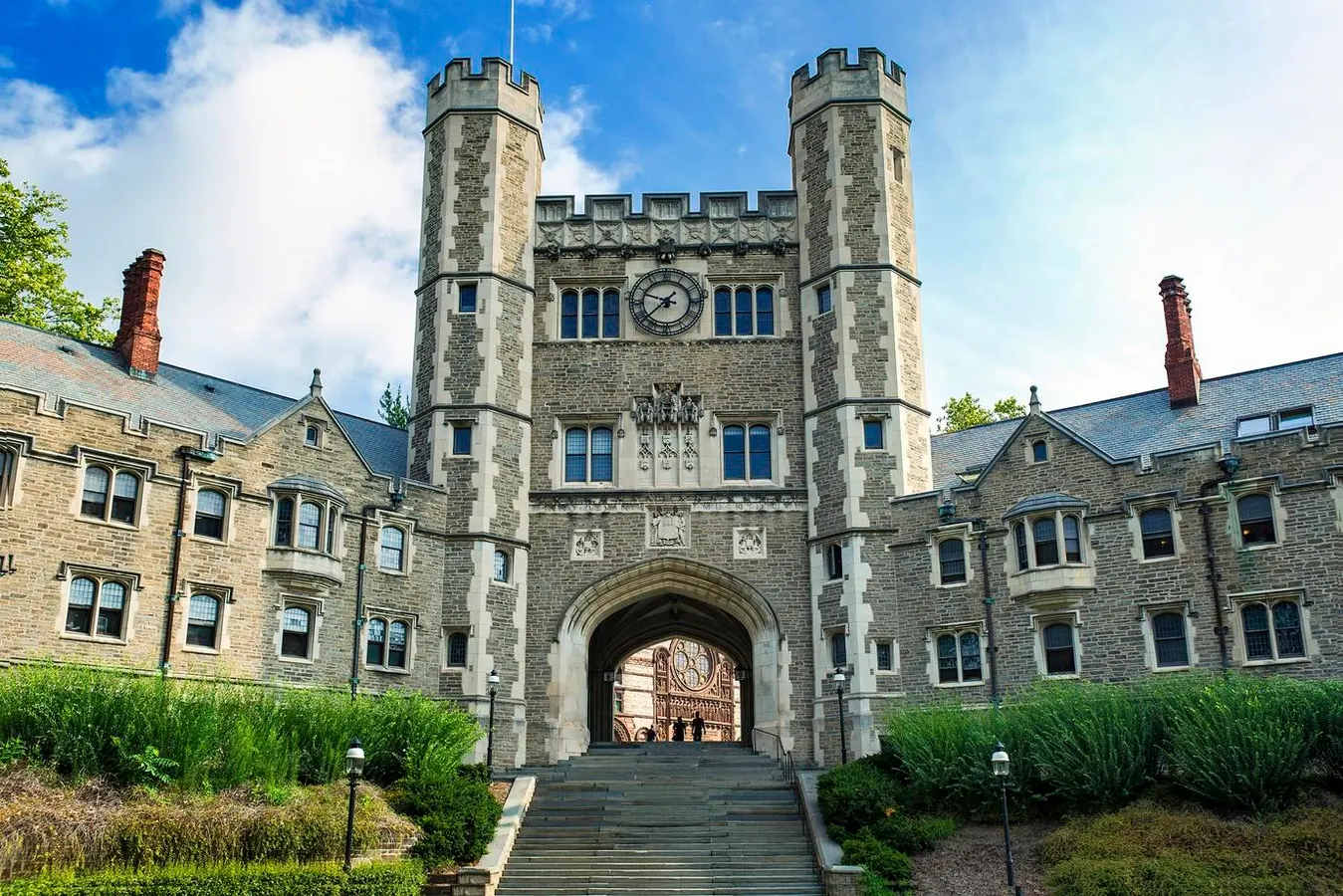
Recently, the United States has witnessed a significant shift in its approach to vaccine policy, with the US Health Secretary citing misinformation as a primary factor influencing these decisions. This development has sparked widespread debate among public health experts, researchers, and policymakers. While vaccination remains a cornerstone of infectious disease prevention, linking vaccine policy changes directly to misinformation brings both challenges and implications for public health strategies.
In this comprehensive analysis, we delve into the intricacies of how misinformation shapes vaccine policies, what researchers say about this approach, and the potential consequences for public health and societal trust. Drawing insights from recent reports, including those mentioned in the ABS-CBN article, this piece explores the broader context of misinformation and its profound impact on health decision-making in the United States.
The Role of Misinformation in Shaping Health Policies
Understanding the Connection
The US Health Secretary’s recent assertions point to misinformation as a driving force behind the decision to implement vaccine cuts. Specifically, misinformation refers to false or misleading information that circulates through various channels, including social media, partisan news outlets, and informal networks. When this misinformation proliferates, it can create skepticism about vaccine safety, efficacy, and necessity.
Researchers emphasize that misinformation can distort public perception, leading to vaccine hesitancy and refusal. Consequently, policymakers may feel compelled to adjust their strategies, including reducing vaccine mandates or altering distribution policies, to counteract misinformation’s influence. This reactive approach aims to maintain public confidence but also raises questions about transparency, scientific integrity, and the risk of politicizing health policies.
How Misinformation Affects Public Trust
Misinformation undermines trust in health authorities and the scientific community. When citizens encounter conflicting information, especially from sources they perceive as credible, it erodes their confidence in vaccine safety assurances. This decline in trust can result in lower vaccination rates, outbreaks of preventable diseases, and increased healthcare costs.
In recent years, the spread of misinformation has been amplified by social media platforms, where algorithms often favor sensational content over factual accuracy. The challenge for health officials is to combat this tide of falsehoods without infringing on free speech or losing public engagement.
Researchers’ Perspectives on Vaccine Policy and Misinformation
Academic Insights and Critical Analysis
Numerous researchers have analyzed the link between misinformation and vaccine policies. They argue that basing decisions predominantly on misinformation can lead to short-term gains but threaten long-term public health objectives.
- Misguided Policy Decisions: Researchers warn that policies driven by misinformation may neglect empirical evidence and scientific consensus, resulting in policies that are less effective or even harmful.
- Vaccine Hesitancy as a Consequence: Misinformation fuels hesitancy, which can be compounded when policies appear to be reactive rather than grounded in robust evidence.
- Impact on Vulnerable Populations: Certain groups, especially marginalized communities, are more susceptible to misinformation, exacerbating health disparities.
The Ethical Dilemmas
Linking policies to misinformation also raises ethical concerns. Should health authorities modify vaccine recommendations based on misinformation? Or should they focus solely on evidence-based practices, even if misinformation threatens to undermine public compliance? Navigating this delicate balance is a core challenge for policymakers and public health professionals.
Implications of Linking Vaccine Cuts to Misinformation
Potential Benefits
- Counteracting Misinformation: Recognizing misinformation as a decisive factor may encourage more targeted educational campaigns and fact-checking initiatives.
- Restoring Public Trust: Transparent acknowledgment of misinformation’s impact might foster a more honest dialogue between health authorities and the public.
Potential Risks and Challenges
- Politicization of Health Policy: Tying vaccine cuts to misinformation can politicize health decisions, leading to polarized debates rather than consensus-driven policies.
- Reduced Scientific Credibility: Overemphasizing misinformation may undermine the perception of scientific authority if not handled carefully.
- Short-term Policy Fixes: Focusing solely on misinformation could divert attention from structural issues like healthcare access, vaccine distribution, and addressing root causes of hesitancy.
Strategies for Addressing Misinformation in Vaccine Policy
Enhancing Health Communication
Effective communication is paramount. Authorities need to develop clear, consistent, and culturally sensitive messages that resonate with diverse populations. Utilizing trusted community leaders and healthcare providers can help disseminate accurate information more effectively.
Leveraging Technology and Social Media
Combating misinformation also requires technological interventions—such as fact-checking algorithms, content moderation, and promoting reputable sources. Collaborations with social media companies can help suppress false content while promoting credible health information.
Policy Interventions
- Strengthening Regulatory Frameworks: Implement policies that hold platforms accountable for misinformation dissemination.
- Supporting Scientific Literacy: Invest in educational programs that improve critical thinking and scientific understanding among the public.
- Inclusive Policy Development: Engage communities in policy formulation to better address their concerns and reduce susceptibility to misinformation.
Conclusion: Striking a Balance Between Misinformation and Public Health
The link established by the US Health Secretary between vaccine policy cuts and misinformation underscores the complex interplay between facts, perceptions, and political considerations. While misinformation undeniably hampers public health efforts, policymakers must prioritize transparency, scientific integrity, and community engagement to foster trust and compliance.
Ultimately, addressing misinformation should not be about reactionary measures alone but about creating resilient health communication systems that empower individuals with accurate information, enabling autonomous and informed health decisions. Only through such balanced strategies can the United States hope to improve its vaccination coverage and safeguard public health against both infectious diseases and misinformation-inspired skepticism.
As researchers continue to study this evolving landscape, ongoing dialogue between scientists, policymakers, and communities remains essential for developing effective and ethically sound vaccine policies.
For more updated news please keep visiting Prime News World.








